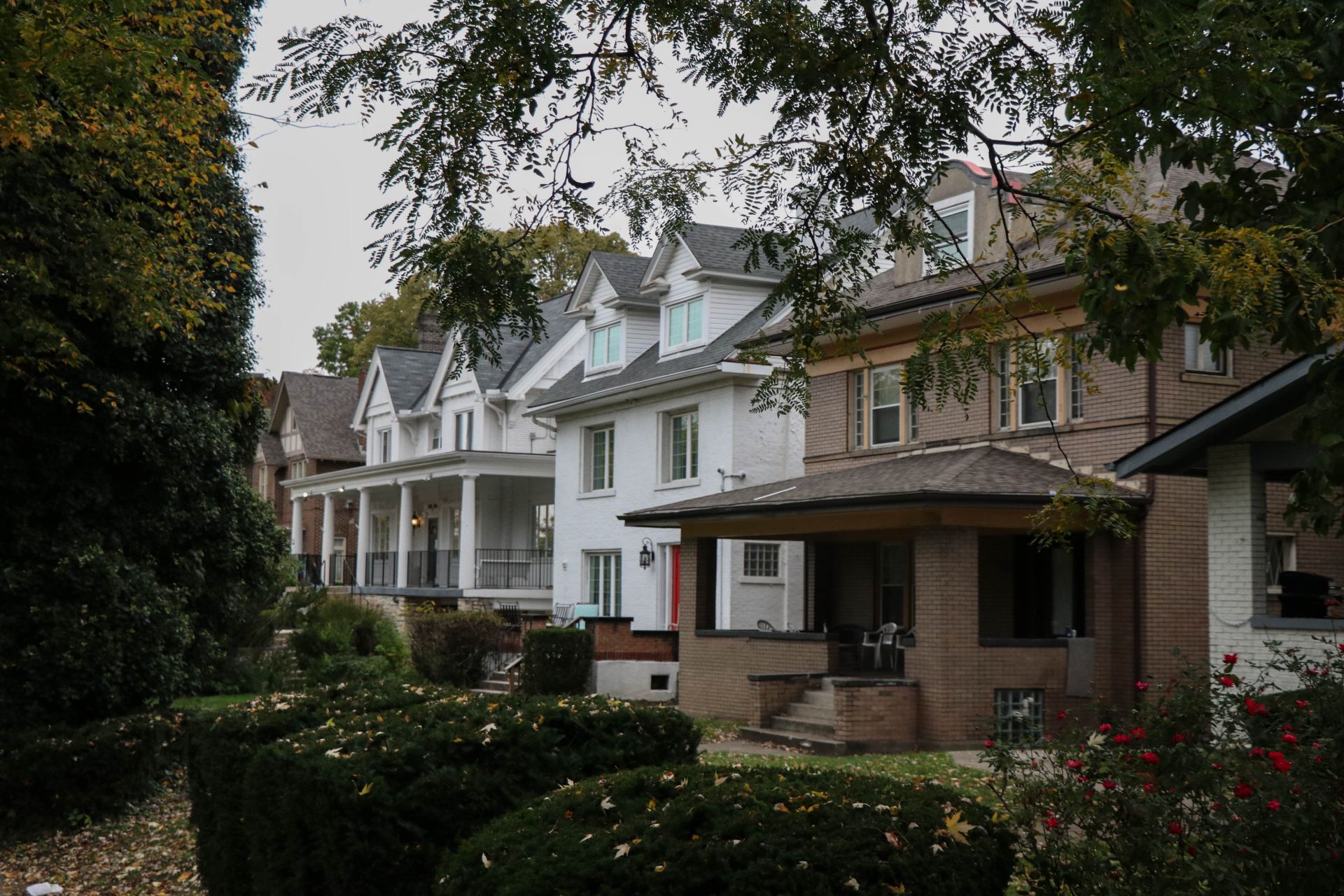
When it comes time to move off campus the first decision for students is often whether to live in a house or an apartment. Credit: Jack Westerheide | Photo Editor
When Ohio State students’ second year living on-campus ends, it will finally be time to move out of the dorms and into a new off-campus abode. The first decision many students will have to make when paring down their list of potential living arrangements is whether to live in a house or an apartment.
The two offer their own set of advantages and drawbacks. Ranging from space to price to quality of living, many factors must be taken into account.
One of the first things to consider is the amount of living space that will be available for you. An apartment is usually smaller and doesn’t provide spacious living rooms or kitchens you can find in a house.
Less space is not necessarily a bad thing, said Jackie Cilulko, a fourth-year in international studies who has lived in both an off-campus house and apartment.
“I think an apartment is easier because it’s smaller and college kids don’t need a house full of space,” she said.
The next thing students might want to consider is a lawn or deck to hang out on. If you’re the kind of person who enjoys sun-bathing on rare sunny days, or needs a cornhole tournament to partner each gameday, a house will most likely be for you.
However, with extra green space comes the added responsibility of upkeep. Many frequent zone violations for off-campus homes come from a lack of yard and trash upkeep, a concern for potential home-renters.
Next on the checklist: what is going to happen if you need maintenance? Is an apartment complex or a landlord more responsive to your requests?
Cilulko said in her experience maintenance problems get fixed much quicker while living in a house.
Students also will need to take security into account when choosing a location. Ohio State’s off-campus and commuter student services website tells students to never compromise feeling safe for cheaper rent.
Homedit.com said usually an apartment complex is going to provide more security for the occupant.
“As far as security goes, apartments seem to be the better choice. Some apartment buildings have security guards and a lot of them feature secure front doors which can only be opened with a code or card,” the article said.
A final consideration centers on the ability to tolerate other people. In an apartment you simply live with fewer people, and a house typically involves more residents, meaning more roommates to deal with.
“On campus [you] have to deal with difficult parking situations and also hearing people partying all the time,” she said.
So, apartment or house? Both options can be appealing to students depending on their priorities and each person will have to weigh the benefits before making their choice.


